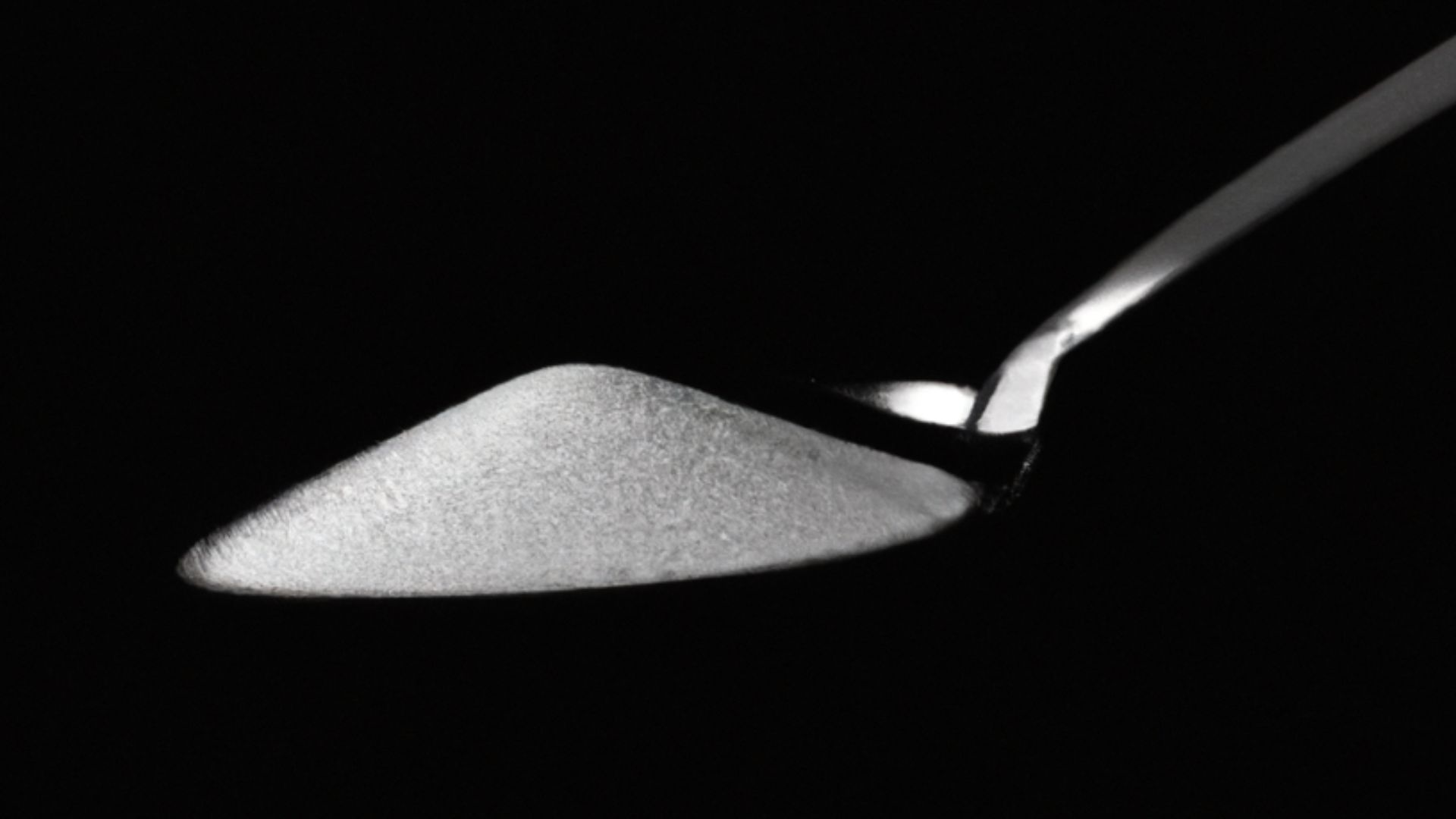The world has declared a time-out on sugar consumption. The harmful link between disease and dietary sugar was recently outlined in a comprehensive assessment of published studies.
Recognising this link between widely consumed food and disease is essential in marshalling forces to change harmful outcomes. These include coronary heart disease, obesity, type 2 diabetes, tooth decay and some cancers. For over a decade, my research has focused on the mechanisms by which fructose intake plays into disease.
A growing number of African countries have joined the worldwide efforts to reduce sugar intake. For instance, in an attempt to address obesity, diabetes and other non-communicable diseases, South Africa introduced a tax on sugar-sweetened drinks in 2018.
It’s hard to avoid sugar when it’s become a normal part of diets and when we celebrate special times with sweet treats. But being more aware of what sugar is and how it can affect our health is the first step.
What is sugar?
Sugar is a class of naturally occurring sweet-tasting molecules found in fruits, vegetables, plants and the milk of mammals. It can be extracted from these natural sources and concentrated in processed foods.
The sweet-tasting molecules in sucrose (table sugar) are glucose and fructose.
Sucrose is a disaccharide. This is a molecule made of two simple sugars – glucose and fructose – in a 1:1 ratio and chemically bound. Sucrose is used in many processed foods.
High fructose corn syrup, also used in processed foods, is a mixture of the monosaccharides glucose and fructose. Usually the combination is 45% glucose and 55% fructose.
Sucrose and high fructose corn syrup are more concentrated in processed foods than in fruits and vegetables.
Both are considered added sugars when they are added to foods and drinks. Besides the sweet taste, they may be added for colour and texture, as a preservative or to aid fermentation.
There are other natural sugars found in the foods we eat. Lactose, or milk sugar, is a disaccharide made of two simple sugars – glucose and galactose – in a 1:1 ratio. It’s found in mammals’ milk and produced naturally to provide nutrition to offspring, and in other dairy products, such as cheese and ice cream.
Honey, made from nectar by honeybees, is primarily a mixture of glucose and fructose monosaccharides with some maltose, sucrose and other carbohydrates. Maltose, which is found in breakfast cereals and breads, is a disaccharide of two glucose molecules.
Naturally occurring sugars are made by plants, bees or mammals based on their needs.
The human body needs glucose as a fuel for every cell, especially brain cells. That’s one of the reasons why we need a stable blood glucose level throughout the day and night.
The way our bodies use fructose is different. It can be turned into glucose, used as fuel, or processed into fats, called triglycerides. Excessive fructose in our diets can lead to increases in blood triglycerides, liver fat, blood glucose, body mass index and insulin resistance (where the body cannot easily remove glucose from the bloodstream).
Increases in these markers can lead to an increased risk for metabolic dysfunction, type 2 diabetes and non-alcoholic fatty liver disease (or metabolic dysfunction-associated steatotic liver disease).
Because of the difference in how the body uses glucose and fructose, and evidence that a higher consumption of sugar leads to worse health outcomes, we must be mindful of the added sugar we eat.
What would happen if we quit eating sugar?
A group of scientists performed a study and published a set of research papers that detailed exactly what happened when over 40 children (aged eight to 18) stopped eating sugar and fructose for 10 days. The participants didn’t stop eating bread, hotdogs or snacks. They stopped eating fructose. These studies found significant reductions in:
- newly made triglycerides (or fats)
- fasting blood glucose
- blood pressure
- fat stored on organs, including the liver
- AST, which is a marker of liver function
- insulin resistance, as their cells were better able to remove glucose from the bloodstream
- body mass index.
The participants also reported feeling better and were better behaved.
The World Health Organization has made recommendations for adults and children to reduce their sugar intake to about 58 grams, or 14 teaspoons, per day or between 5% and 10% of total caloric intake.
This is not a lot of sugar.
Consider that a 300ml bottle of Coca-Cola or 240ml cup of sugarcane juice contain about 30 grams of sugar. One piece of mandazi, a popular deep-fried Kenyan wheat snack, has about 4 grams of sugar, or about 6% of the WHO’s recommended intake contained in each small piece.
What can I do to lower my sugar intake to recommended levels?
First, keep track of everything you eat during a typical day, what you eat, when you eat and how much you eat. Secondly, give yourself a star for the fresh vegetables and whole fruits you eat, and identify the foods that have added sugars.
Now, set an attainable goal that details one thing you can change to either:
1) increase the whole fruits or vegetables you eat or
2) decrease the amount of added sugar that you eat each day.
This way, you can be mindful of the added sugar you consume and adjust what you eat accordingly. DM
This story was first published in The Conversation. Grace Marie Jones is an Associate Professor at the College of Osteopathic Medicine, Touro University.




